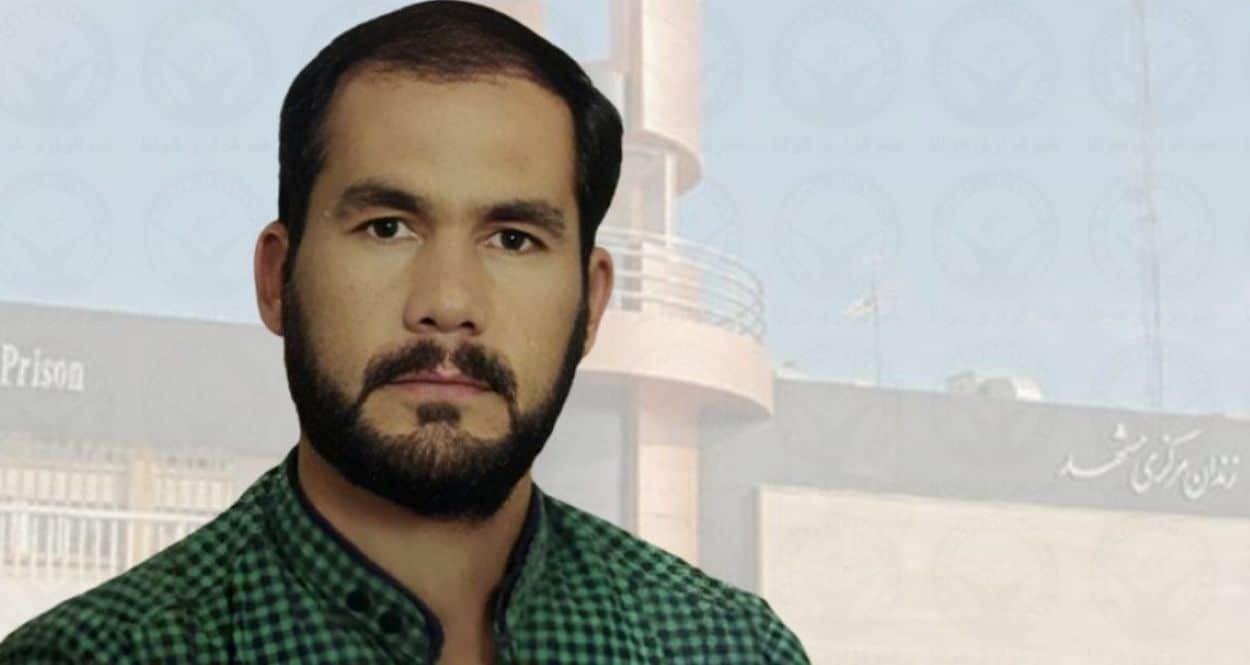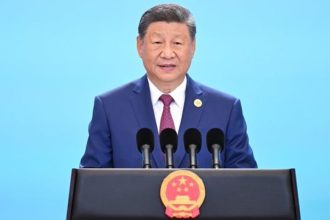Farhad Shakeri, an Afghan national deported from the US in 2008, allegedly participates in a plot to assassinate former U.S. President Donald Trump. This accusation ties him to a broader conspiracy involving Iran’s Islamic Revolutionary Guard Corps (IRGC).
Shakeri, along with two others, has been charged for their alleged roles in planning to kill a U.S. citizen of Iranian descent in New York on November 8. While his associates are now in custody, Shakeri reportedly remains at large in Iran.
Reports indicate that in September 2024, an IRGC official instructed Shakeri to focus on assassinating Trump. By October 7, 2024, Shakeri was directed to submit an assassination plan within seven days. The IRGC official allegedly stated that if Shakeri did not meet this deadline, the plan would be postponed until after the U.S. Presidential elections, assuming Trump would lose and thus be easier to target. Shakeri informed authorities he did not intend to meet this deadline.
Furthermore, Shakeri was tasked with surveilling two Jewish American citizens in New York and was promised $500,000 by an IRGC official for the murder of either target. He was also instructed to target Israeli tourists in Sri Lanka.
Background:
Shakeri, a long-time asset for the IRGC based in Tehran, moved to the U.S. as a child but was deported back to Iran in 2008 after serving 14 years for a robbery conviction. His involvement with the IRGC has reportedly included leveraging a network of criminal contacts he made in U.S. prisons to conduct surveillance and execute assassinations on behalf of the group.
Despite being deported, his parole monitoring continued until 2015. In 2019, Shakeri was detained in Sri Lanka related to the seizure of a significant quantity of heroin, highlighting ongoing criminal activities.
Shakeri faces multiple charges, including conspiring to provide material support to a foreign terrorist organization, which could result in up to 20 years in prison. He is also charged with providing material support to the same organization, as well as conspiring to violate sanctions against the Iranian government under the International Emergency Economic Powers Act, each of which carries a potential 20-year prison sentence.






